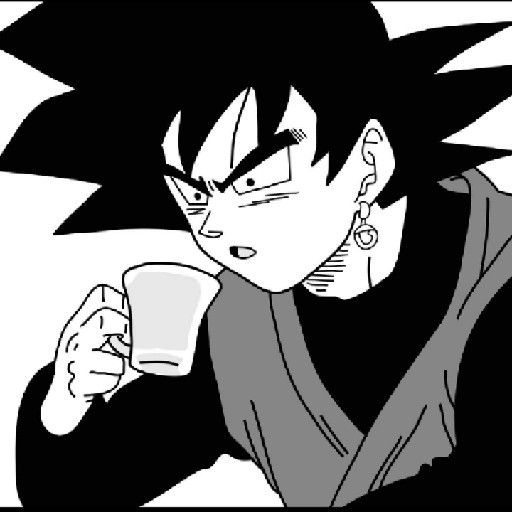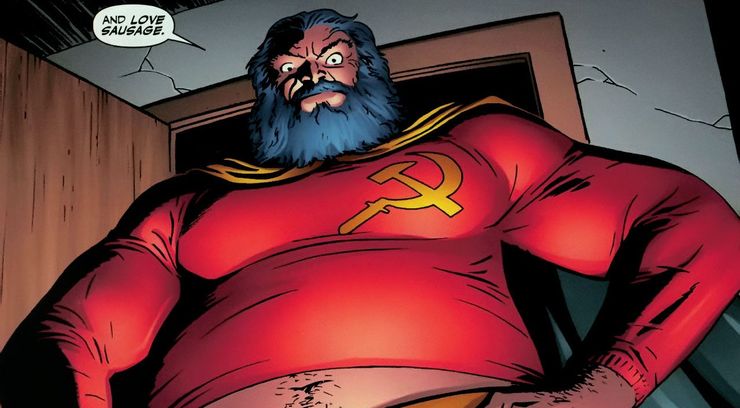- cross-posted to:
- world@lemmy.world
- cross-posted to:
- world@lemmy.world
Europe’s center of political gravity is veering to the right.
Center-right and far-right parties are set to take the largest number of seats in Sunday’s European Union election in the most populous nations: Germany, France, Italy, Spain and Poland.
France led the rightward lurch with such a crushing victory for the far-right National Rally that liberal President Emmanuel Macron dissolved France’s parliament and called an early election. Early projections suggested the National Rally would win 32 percent or more of the vote, more than twice that of the president’s party.
“The president of the Republic cannot remain deaf to the message sent this evening by the people of France,” National Rally’s President Jordan Bardella told his supporters at the Parc Floral in Paris.
In Germany, the center-right is cruising to a comfortable victory, with the far-right Alternative for Germany (AfD) coming second and beating Chancellor Olaf Scholz’s Socialists into third place.
Voters across 27 nations have voted over the past week to select 720 members of the European Parliament, who will serve over the next five years. Their first main role with be to approve or reject the main candidate for Europe’s top job: president of the European Commission.
In a Continent that has sought to exorcise the ghosts of fascism for eight decades, the scale of the presence of far-right will be one of the hottest topics of conversation.
Even though they are highly unlikely to be able to coordinate as a unified group inside the European Parliament — thanks to divisions on topics such as Russia — they will still be able to influence the overall direction of the EU, on everything from immigration to climate policies.
Collected together, the radical right parties would theoretically represent the second biggest bloc in the Parliament — being on track to come first in France and Italy, and second in Germany, the three biggest and most important countries in the 27-nation bloc.
The far-right is also expected to win in Hungary, and tie for first in terms of European Parliament seats in the Netherlands. The center-right was comfortably first in Greece and Bulgaria.
The single most ominous warning signal for the future of the EU is France, given the scale of the far right’s win over Macron. All eyes will now be on whether France’s populist wave can maintain its momentum through the impending parliamentary elections and on to presidential elections in 2027 — where a victory for far-right leader Marine Le Pen would threaten to throw the whole EU into turmoil.
The official winner of the evening looks set to be European Commission President Ursula von der Leyen whose center-right European People’s Party will still make up the single-biggest bloc in Parliament.
With early projections showing the EPP will secure about 181 out of the 720 seats in Parliament, the center right will be the dominant force but can hardly govern alone as it will be miles from an absolute majority in the chamber.
The main challenge for von der Leyen in the coming days and weeks will be whether she can strike a deal with the traditional centrist parties — the socialists and liberals — to build a majority of 361 or more in the Parliament.
“Today is a good day for [the] EPP. We won the European elections, my friends. We are the strongest party, we are the anchor of stability … Together with others we will build a bastion against the extremes from the left and from the right. We will stop them!”
Her supporters replied with chants of “Five more years.”
In all, the three big center groups look set to have about 400 seats. That means von der Leyen’s reapproval will go down to the wire, because she will be rejected if only about 10 percent of lawmakers from the main parties rebel against their party lines. The rebellion rate is normally higher.
This raises a big question of whether she will need to fish around for other allies, ranging from the Greens to Italian Prime Minister Giorgia Meloni’s right-wing Brothers of Italy.
Von der Leyen’s center-right is quick to reject the xenophobia and euroskepticism of the far right, but it knows its voters share the same concerns on the cost of living, migration and a sense that Europe’s traditional core businesses — manufacturing and farming — are being strangled by green regulation.
Staking out its ground in the culture war over the EU’s identity, the EPP opened its EU election manifesto with its commitment to Europe’s “Judeo-Christian roots.”
“Today is a good day for [the] EPP. We won the European elections, my friends. We are the strongest party, we are the anchor of stability … Together with others we will build a bastion against the extremes from the left and from the right. We will stop them!”
Staking out its ground in the culture war over the EU’s identity, the EPP opened its EU election manifesto with its commitment to Europe’s “Judeo-Christian roots.”
Ursula Gertrud von der Leyen is a German physician and politician
Saying that you’re “building a bastion against the extreme right” and then immediately following up with a Christofascist dogwhistle, very cool.
Europe’s “Judeo-Christian roots.”
This Victorian invention of “Judeo-Christian values” is really something, considering Euroids have been culturally antisemitic for hundreds of years.
that fucking nazi shithead spent a decade living in London under an assumed name hiding from the Red Army Faction
Hey its the Roaring Twenties

No… what part of our current 20s is f—in’ roaring well (economically)?
Hegel remarks somewhere that all great world-historic facts and personages appear, so to speak, twice. He forgot to add: the first time as tragedy, the second time as farce.
I meant mostly in regards to the rise of fascism (again). Before someone points towards the Nazis not being thaaat big in that decade I think its fair to point towards Mussolini founding the National Fascist Party in 1921, and by 1922, having enough power to stage the March on Rome.
Im not a history nerd thats just from the top of my head. (correct me if you must) It was just a silly joke that I have now overexplained and ruined
I hope you are proud of yourself

Oh, sorry… you could call it the fascist 20s, as a more accurate moniker…

Either way, we got the fascism without its 1920s economics break, so we’re —ed…
i think they just figured out how to weather the crash without breaking the system, the econony is already in shambles for normal people.
either that or we are in for a bad time soon when this bubble bursts. again.
Before someone points towards the Nazis not being thaaat big in that decade
Yes, Italy, but in much of Europe fascists were allying with libs/conservatives and the bourgeoisie against the left and any semblance of worker organization. The exact same thing is happening now: conservatives are allying with fascists and so are libs - and they’re both being supported by the bourgeoisie to suppress the very small leftist presence or anything that goes against imperialism.
Germany in the 20s is a good example, because libs and the rest of the ruling class allied with fascist freikorps to kill anyone who dared strike or was a leftist.
stpock market go up
Maybe… but there doesn’t even seem to be an illusion of common prosperity in the West…
Except for China… look how turn the tables
We are in fact in the 30s
deleted by creator
I’m sure China will swoop right in and start to rebuild them, only for that to backfire almost immediately bc you know, ✨ Europe is filled with Europeans ✨
Burning Twenties.
At this point I have come to accept my political ideas will never be relevant. I’d just be a third-worldist but they elected Millei.
Even something as simple as “murder is wrong, even if the person is different than you” is an anti-human, alien idea.
my therapist: ‘well, this little maneuver’s gonna cost us 51 years’
God I fucking hate von der leyen
Vichy’s All That starring Rachel Leit Cuit and Frederic Prinze Jr.










